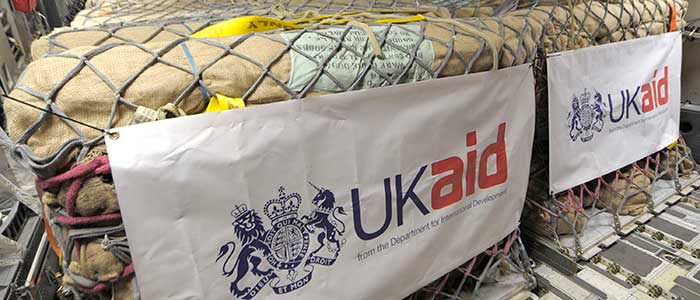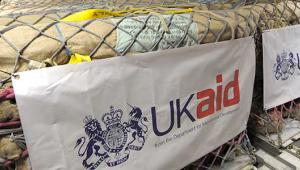The CDC Group, which is said to have reformed after coming under heavy fire for its practices, and the UK’s development agency cannot provide a clear picture of the wider effect of the group’s investment – a feat other public spending watchdogs have in the past noted as a “significant challenge”.
Earlier this year, the UK government quadrupled the limit on aid funding that could be channelled through the CDC (from £1.5bn to £6bn), and provided a basis for that figure to be doubled again without new legislation.
MPs said this raises concerns about the CDC’s portfolio management, “confused” relationship to the UK’s Department for International Development and ability to measure success.
The committee’s report, published today, pointed out that the CDC assesses expected rather than actual development performance, its indicators lack targets against which progress can be assessed and there is “variability” across what is required to be reported and on what basis.
“[DfID] approved an evaluation of the development impact of the CDC’s investments almost two years ago and has not yet managed to recruit a person with the right skills to supervise this work,” it added.
The CDC, which has managed a budget of £1.5bn from DfID in the last few decades, has been heavily criticised for paying excessive salaries, channelling funds through tax havens and into luxury projects that have few benefits for the poorest, and prioritising financial returns over development impact.
Watchdogs have agreed that changes at the CDC have addressed some of these problems, cutting pay, increasing its investments in the poorest countries and developing a new business model more in line with the UK’s aid priorities.
But the PAC noted that DfID had not acquired any external expertise to ensure the CDC makes sound investment decisions in future – a finding it noted echoed a key failure in the St Helena airport fiasco, where DfID spent £285m building an airport in its overseas territory, only to find on completion that it was unsafe for planes to land there due to wind conditions.
The CDC also faces “serious recruitment and retention challenges” that could undermine its ability to meet DfID’s ambitions for the CDC.
Average pay cuts have made it more difficult for the CDC to compete with private sector employers just as the company looks to increase its staff numbers in order to deliver on its new business model.
A “confused” relationship between DfID and the CDC could create further problems, the PAC continued, with DfID declining to appoint a representative on the CDC board and both parties unsure about the level of influence DfID has on the CDC’s investment decisions.
“Given the department’s current and expected investment in the CDC, and CDC’s importance to the successful delivery of the department’s economic development strategy, such confusion needs to be resolved,” the report stressed.
A Dfid spokeswoman countered that the CDC does have "proven" development impact and a "strong track record", including creating over one million jobs in some of the world's poorest countries in 2015 and generating over $7bn in local taxes in three years.
"“No country can defeat poverty without sustained economic growth and only a handful of investors in the world have the skills and risk appetite to create the jobs and opportunities needed to fight poverty in the hardest to reach places - CDC is one of these," she said.
“Dfid will continue to hold CDC to account to ensure it is focused on delivering investments that combat poverty in a clear and transparent manner.”
In a separate report, also published today, the PAC agreed with a previous finding from the UK’s National Audit Office: “reported levels of fraud in [the main UK aid spending departments] do not seem credible, given the risks they face overseas.”
Dfid’s recorded losses to fraud in 2015-16 stood at just 0.03%, compared to 3% in other UK departments such as HM Revenue & Customs.
The PAC concluded that DfID needed to adopt new techniques, such as data analytics, to better estimate the level of fraud it is exposed to, better manage its fraud caseload and do more to determine the effectiveness of its partners’ counter-fraud measures.
Dfid has already overhauled its approach to fraud in the last three years, its spokeswoman said, meaning its systems are more robust than before. The department has a "zero tolerance approach", she continued, and focuses its efforts on stamping out fraud before it occurs to ensure "every penny of spending" achieves value for money.














